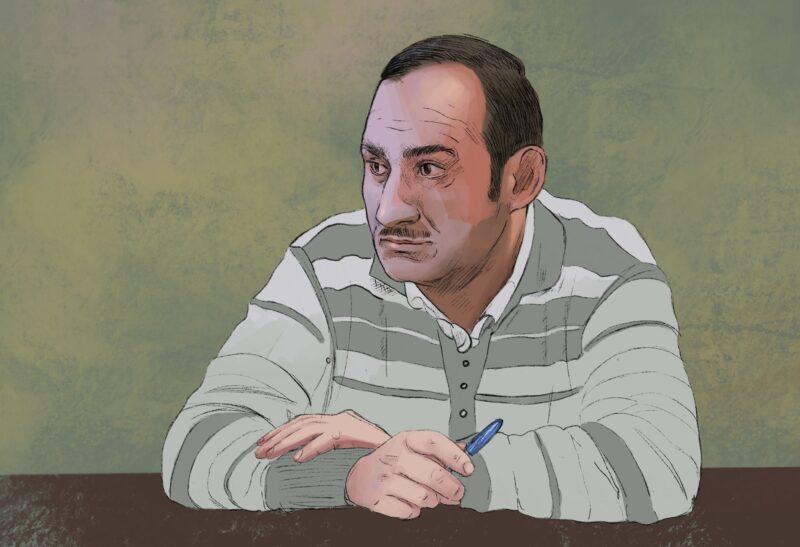
Once a female journalist friend of mine was covering a story about how young girls try to evade school.
She needed to interview some parents in order to get a closer look at the problem. She looked a long time, but nobody agreed to give her an interview.
I tried helping her, and I offered her to conduct an interview with one of my relatives who had an 11-year-old girl. I called my relative, and this is the discussion that took place between us:
“Aunt, there is a journalist that would like to do an interview with the parent of a schoolgirl. Would you be willing to give her an interview?”
“Who is she, what should I talk about?”
“She is a journalist, a friend of mine. Will you talk to her about the expenses of putting a girl through school, the problems associated with it…?”
“How much money is she going to pay me?”
“Aunt, there is no payment for an interview.”
“Hmm, my girl, we are very poor, you know. I feel shy. I don’t want her to see our home.”
“You can come to the office, it is close to your home.”
“I am tired, and would need to take two buses in order to get there.”
“I will give you the money for a taxi. I can come pick you up.”
“That would work, but I can’t leave my child at home. I have to take her with me.”
“Then take her.”
“No, my girl, she doesn’t have the proper clothes. Let me bring her, maybe your friend can give some money for some new clothes for her.”
“OK, aunt, thank you. We don’t need the interview. We will find someone else.”
“You think someone will talk to you for free? None of us are rich. Why should I come and talk for free? What kind of profit can I get out of this?”
“Whatever”, I said. “Goodbye.”
I hung up.
This is not the first nor the last incident of the sort that I have come across. It has happened many times – respondents ask for money in exchange for their participation. Even if they don’t ask for money, after you go through with the interview and their name appears in a paper, they call you up or show up and demand that the report be taken down from the site.
It would seem one needs superhuman powers to make people talk in Azerbaijan. And then if you do find someone, getting them to speak succinctly and to the question is an entirely different struggle.
And I’m not even talking about those in power, either.
The most trying element of this line of work in Azerbaijan is that people still do not have enough information about the internet, about media outlets and reporting in general.
“Why did you take a photo of my wife?”, “Will it be uploaded to the internet?”, “What are you asking, suggesting that I have an interview with you? My husband will be very angry!”, “You are covering this issue and you will be payed – but me, nothing? What is my gain here?”
These are but some of the questions once can come up against in requesting an interview.
Journalists in Azerbaijan already work under such difficult circumstances – distrust, opportunism and disdain face journalists in every element of their work.
And the ‘law’ seems to be after them as well.
Of course, there are those who are willing to help and happy to be interviewed. Even some officials.
But most journalists, feeling discouraged by the onslaught of issues one faces in this profession in Azerbaijan, leave the field – or are imprisoned or face other serious issues.
Those that remain behind – those that remain independent and honest in their reporting – are the partisans. The partisans of journalism.



